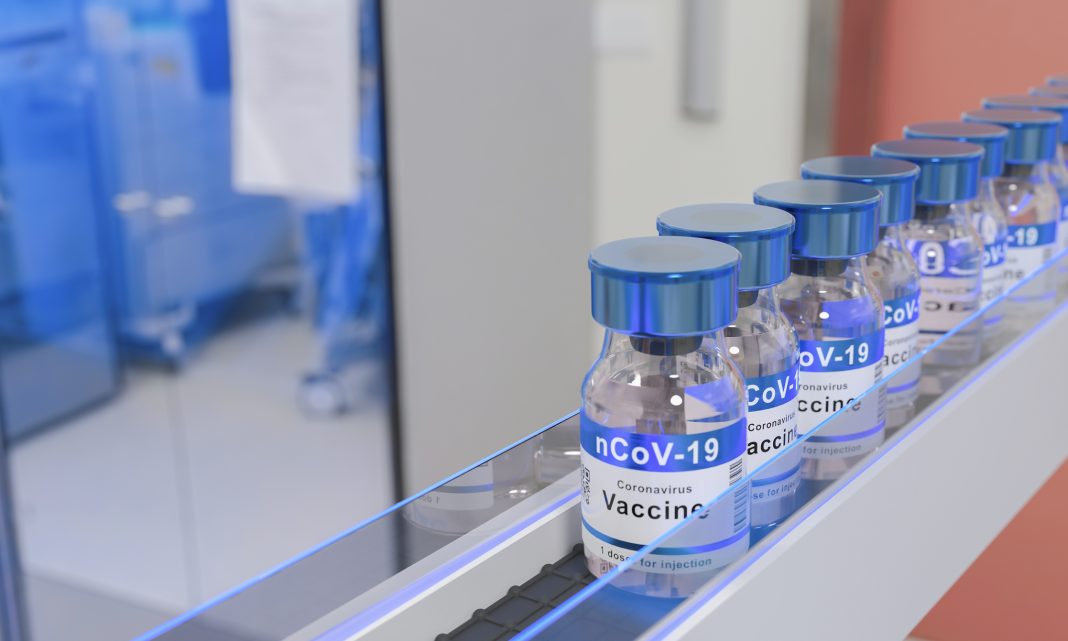With the COVID-19 pandemic behind us, we need to focus on universal vaccines and/or immunotherapeutic strategies and technologies to tackle ongoing endemic infections with SARS-CoV2, influenza, and RSV and prepare for any future pandemics, says Dr Babita Agrawal
In the 21st century, we have witnessed the emergence of respiratory infections with pandemic potential, like corona and influenza viruses, on multiple occasions. Due to the global dissemination of one such coronavirus, SARS-CoV2 (severe acute respiratory syndrome-coronavirus type-2), the World Health Organization (WHO) declared a worldwide pandemic in March 2020. The global public health emergency was declared over in May 2023 by the WHO, but infections with variants of SARS-CoV2 continue to evolve and cause infections worldwide. (1) Besides public health measures, developing, approving, and implementing vaccines against SARS-CoV2 have helped mitigate and end the pandemic. However, the existing vaccines against SARS-CoV2 are not preventive, do not induce mucosal immunity, induce only short-term protection and are ineffective against emerging variants, thereby requiring regular updated boosters.
Compounding this is the fact that the current vaccines against SARS-CoV2 and influenza target the highly variable regions of the spike (S) and hemagglutinin (HA) antigens, respectively, thus requires continual modification in anticipation of the forecasted seasonal variant(s). Vaccine mismatch to the evolving variant leads to compromised vaccine efficacy, e.g., influenza vaccine has typically provided only 10-60% efficacy over the years 2004-2024. (2)
In addition, the induced immunity is not long-lasting, resulting in repeated immunizations every season, which can also lead to original antigenic sin or inadequate response to the exposed variant antigen. (3) There is an RSV vaccine approved for people over 60 but not for the general population under 60 years of age. Furthermore, for the RSV vaccine, post-marketing safety monitoring is ongoing due to the small numbers of inflammatory neurological events seen in phase 3 clinical trials.(4)
To address some of these challenges, my laboratory is working on the concept of universal vaccines for SARS-CoV2, influenza and RSV, which target conserved regions of target antigens in these pathogens and thus protect against multiple circulating and emerging variants. (5) Besides universal vaccines for each of these pathogens, we strive to investigate a single consolidated universal vaccine candidate encompassing conserved regions from relevant antigens of SARS-CoV2, influenza and RSV. I aim to develop vaccines that employ broad cellular and humoral immune mechanisms, induce long-lasting mucosal immunity, and are based on a safe and effective vaccine platform that can also be used for boosters. This combination of vaccine characteristics is essential to successfully manage the annual respiratory virus season and potential future pandemics.
Broadly-protective immunotherapeutics
In addition to vaccines, which incorporate the adaptive arm of our immune system and depend on its ability to produce functional defence, other arms of immunity must be strategically employed to maximize both Innate immunity is the first line of defence in our body, concentrated on the exposed parts of the body, such as the mucosa and skin. It is specialized to act immediately upon exposure to a pathogen. The respiratory mucosal immune system is composed of respiratory tract epithelium, macrophages, dendritic cells (DCs), natural killer (NK and NKT) cells, neutrophils, and innate lymphoid cells (ILCs). These components work together to protect the body from respiratory viral infections and prevent the progression of lung pathology. They play a crucial role in providing innate immunity and guarding against the development of clinically symptomatic disease.
Respiratory viruses such as influenza, SARS-CoV2 and RSV efficiently modulate innate immune responses, and the consequences are a diminished, or conversely, a dysregulated overactive immune response causing tissue damage. Despite the significant role played by innate immunity in early antiviral responses, there is a scarcity of therapeutics that target it. The initial discovery and understanding of the role of pattern recognition receptors (PRRs) and their respective agonists brought an initial burst of enthusiasm to the investigation of truly broad-spectrum antiviral therapeutics. However, they have not stood the test of time with respect to safety as antiviral therapeutics. Emerging evidence also suggests that various microbes residing in the respiratory tract and lungs are crucial to immune fitness and contribute to the maintenance of appropriate immune system function and resistance to infectious diseases. (6) Therefore, beneficial bacterial species may play an important role in strengthening innate immunity and protecting from respiratory viral infections. Our recent proprietary and published work has demonstrated the immunotherapeutic potential of a heat-killed form of non-pathogenic microbe, Caulobacter crescentus (HKCC) in inducing moderate innate immunity. This strategy offers a promising means to stimulate host immunity to protect from and/or treat wild-type and drug-resistant tuberculosis and has strong potential for treating a wide range of respiratory viruses. (7) In addition, we have demonstrated that induction of innate immune responses by HKCC as a non-toxic adjuvant to vaccine compositions also impacts downstream antigen-specific cellular and humoral adaptive immune responses and, therefore, potentially contributes to fully protective antiviral immunity. (7)
Passive immunotherapy with monoclonal antibodies (mAbs) has become an attractive and significant therapeutic regimen for treating several cancers and infectious diseases. Antibodies binding to the SARS-CoV-2 spike glycoprotein may lead to direct neutralization, antibody-dependent phagocytosis, cell-mediated cytotoxicity or complement-mediated cytotoxicity. There are several mAbs approved for the treatment of SARS-CoV2 infections; however, the continual emergence of SARS-CoV2 variants has seriously compromised their efficacy. (8) Identifying well-conserved, functionally blockable epitopes of the spike antigen may provide novel strategies for the discovery of cross-reactive mAb therapeutics. In this regard, we are investigating antibody specificities with cross-reactive potential in vaccinated and/or SARS-CoV2-infected but cleared individuals. Our goal is to provide an important stepping stone for a universal, broadly protective immunotherapeutic.
References
- https://www.who.int/emergencies/diseases/novel-coronavirus-2019
- https://www.cdc.gov/flu/vaccines-work/effectiveness-studies.htm
- https://www.jci.org/articles/view/162192
- https://www.cdc.gov/vaccines/vpd/rsv/hcp/older-adults.html
- https://www.frontiersin.org/journals/immunology/articles/10.3389/fimmu.2023.1178523/full
- https://pubmed.ncbi.nlm.nih.gov/32791114/
- https://www.mdpi.com/2073-4409/12/4/560; Agrawal B. and Kumar R. Issued patents (US, Europe, Australia, India, Japan, China)
- https://www.nature.com/articles/s41579-022-00809-7

This work is licensed under Creative Commons Attribution-NonCommercial-NoDerivatives 4.0 International.


